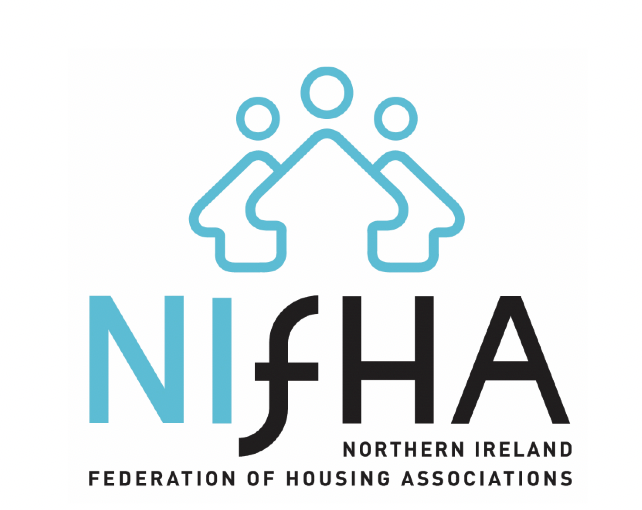Record year for new build social housing

2022/23 was one of the most successful periods for social housing new build in recent years. Housing associations completed 1,449 new houses, and work was commenced on 1,956, exceeding the targets set by the Department for Communities.
The success of the housing associations is even more notable given the context of a challenging time for the construction sector, where materials costs have risen alongside the financial pressures brought on by Covid.
The 20 housing associations in Northern Ireland manage more than 57,000 homes, and directly employ more than 3,300 staff. Seamus Leheny, Chief Executive of the Northern Ireland Federation of Housing Associations, puts this success of the sector down to the determination and passion of the social housing providers: “The challenges faced by housing associations in building new homes are well known, they range from land availability to frustrating planning delays. But the challenges are not a blockage to our members, which is why we have exceeded targets and maximised the impact of the social housing budget.”
Social housing is funded by the Department for Communities through the Social Housing Development Programme, and housing associations raise private finance to match that funding and ensure that more social housing is delivered each year.
This model helps social housing as a key economic driver, and the support for the construction sector is an important role for associations, as Leheny explains, “Each year, social housing invests more than £360 million on new build, which is a direct benefit for the construction sector. Housing associations are also committed to improving skills and offering apprenticeship opportunities on their developments, which will help to ensure we have the ability to build more homes to the highest standards in the coming years.
“The standard of new build is something that the sector can be extremely proud of, and when we look at things such as sustainability, more homes are being built to the highest EPC ratings, which will benefit tenants when it comes to things like heating costs.”
Leheny adds: “We are not limiting these standards to new build, and there is ambition to retrofit older properties, with insulation and more efficient heating. There is, however, a significant financial investment to deliver this programme of work, but its benefits are wide ranging. If we are serious about preparing homes for net zero it is something we need action on from local government.”
Fundamentally, the focus of housing associations is on delivering the best homes possible, housing families and reducing the waiting list. One of the concerns the sector has is the potential for reduction in budgets, as Leheny highlights: “We need more homes, particularly social homes. The positive economic and social benefits of social housing are clear. Now is the time to be protecting the investment in social housing, and any cuts would have a devastating impact on social housing, the lives of our tenants and the advancement of a shared settled society in Northern Ireland.”

Seamus Leheny, Chief Executive, NIFHA
T: 028 9023 0446
E: sleheny@nifha.org
W: www.nifha.org





